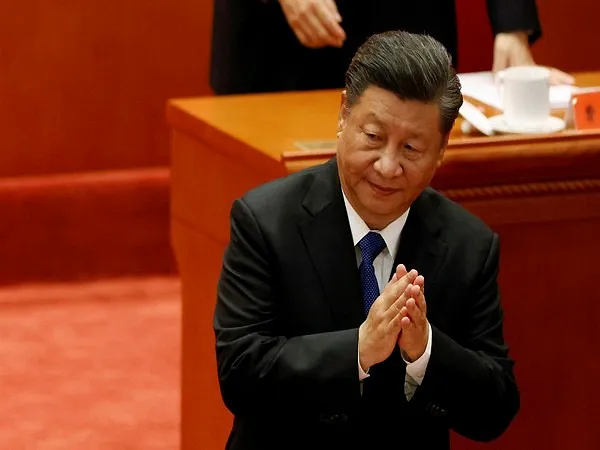As the National Congress of the Communist Party nears, reports grow stronger that President Xi Jinping would get the title of ‘Chairman’ — used by the founder of the People’s Republic of China and the then supreme leader Mao Zedong, six decades ago.
This means Xi could lead China for life, with consolidated and bigger powers. Given Xi’s autocratic governance over the past nine years, the development brings bad news for minority communities, civil society, as well as the general public, who are subjected to invasive surveillance and lack of freedom of speech. Indefinite power can even bring back political violence and the cult of personality of the Mao era.
Reformist leader of China Deng Xiaoping had in 1982 brought reforms to put an end to authoritarian rule, which enforced a limit of two terms for the presidency. However, Xi had in 2018 made constitutional changes to allow himself to be the president of China for life.
The upcoming National Congress slated to be held on October 16 is going to see the 69-year-old Xi formally taking over the reins for the third time and becoming undisputable and unchallengeable. It would also kill the concept in Chinese politics called ‘qi shang ba xia’, which means leaders aged above 68 must retire.
Communist party and news media in China are drumming up patriotic rhetoric, listing Xi’s “glorious” achievements, and appealing to people to struggle to attain his “greatest dream” of Chinese nation rejuvenation. Global observers claim Xi is trying to reach the height in China’s modern politics that was so far only enjoyed by Mao. However, some suggest he wants to surpass Mao.
Communist Party’s Central Committee’s 2021 resolution mentioned Xi 24 times while Mao was mentioned 18 times. This gave signals about Xi elevating himself above Mao. The 2021 historical resolution by Xi calls ‘era’ or ‘shidai’ for the achievements under his rule while he used word ‘period’ or ‘shiqi’ when mentioning achievements under Mao and Deng. In Chinese, ‘era’ is more momentous than period.
He even called himself the big man with reference to “matters of national importance.”
Xi loyalist and China’s foreign minister Wang Yi had said China “proudly entered a new era.” Praising Xi for China’s “tremendous transformation” and bringing it close to the Chinese dream of national rejuvenation, Wang Yi said “Great eras produce great ideas.” This gives a glimpse into Xi trying to portray himself as bigger and better than the rest of the Chinese leaders in the past.
Xi eliminated his actual or potential opponents soon after he took over in 2013. With China leading as an economic superpower and the general mood in China going hyper over the Taiwan issue, Xi sees no opposition from the party and people in the current scenario. This makes Xi as strong as Mao if not more. Observers feel Xi will continue to ignore civil society, human rights activists, and even non-governmental organisations as he did in the past nine years.
Talking about the atrocities by Xi, Beijing-based journalist Gao Yu, said “Isn’t this the same as in the Mao era?” Gao was sent to prison earlier, and now he is under surveillance. Intellectuals, writers, journalists, and youth activists have time and again opposed Xi’s policies that try to keep the Chinese away from foreign books, websites, cultures, and issues related to civil rights.
Normal people too are under the watch of Chinese agencies. There are 370 CCTV cameras installed for every 1,000 people in Chinese cities. Vivienne Shue, professor emeritus of contemporary China studies at Oxford University, said the Xi government decides what citizens “ought to know, feel, think, say, and do”.
Expressing concerns over ideological policing, a social media user named Wang said “With dissenting information being eliminated, every website becomes a cult, where the government and leaders have to be worshipped.” According to experts, it is not just about the third term but Xi is planning to stay for another term after that also. This can make him more dictatorial to maintain his hold on power.
‘Chairman’ Xi’s cult personality would give him authority and admissibility in the public domain to remain at the top for a longer time.

